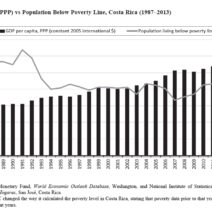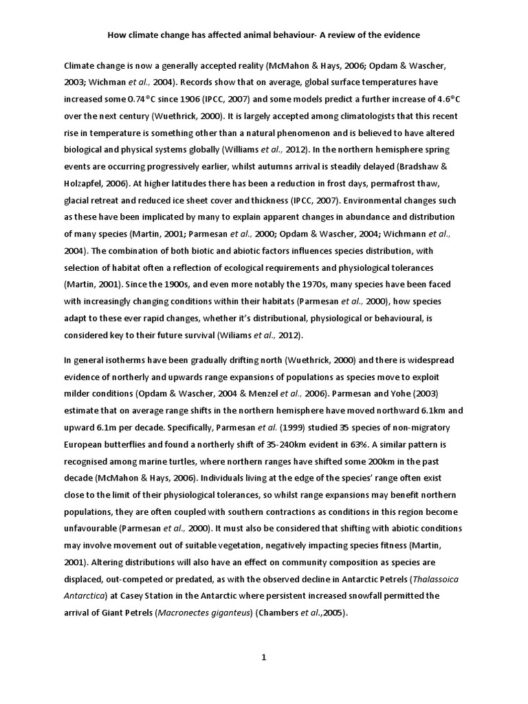The narrative surrounding climate change often encapsulates a multitude of contributors. Foremost among them, when discussing agricultural practices, is the bovine population. Cow flatulence and belching have garnered attention for their purported role in exacerbating global warming. This article elucidates the scientific underpinnings of this phenomenon, particularly focusing on methane emissions and their far-reaching consequences on our planet.
The Science of Methane Emissions
Methane (CH₄) is a potent greenhouse gas, significantly more effective than carbon dioxide (CO₂) at trapping heat in the atmosphere over a short time frame. When considering its direct impact, methane has approximately 28 times the global warming potential of CO₂ over a 100-year period. The primary source of methane emissions within the agricultural sector stems from enteric fermentation in ruminants, especially cows. During digestion, cows produce methane as a byproduct, which is subsequently released into the atmosphere through belching and flatulence.
The Digestive Dynamics of Ruminants
Understanding the digestive process of ruminants is crucial. Cows possess a unique four-chambered stomach that facilitates the breakdown of fibrous plant material, primarily grass. The chambers—the rumen, reticulum, omasum, and abomasum—work synergistically to ferment food. This fermentation process, conducted by a complex assemblage of microorganisms, generates methane. As these microbes break down plant fibers, they release methane as a metabolic byproduct. Consequently, the more fibrous and carbon-rich the diet, the higher the methane output exacerbating climate change.
The Scale of Emissions
Statistical data highlights the scope of methane emissions from ruminants. According to the Food and Agriculture Organization (FAO), livestock production accounts for approximately 14.5% of global greenhouse gas emissions, with cattle alone contributing roughly 65% of those emissions. The sheer magnitude of these figures demands attention. Therefore, it is paramount to address the agricultural commodities responsible for these greenhouse gases through systemic changes.
Comparative Impact: Methane vs. Carbon Dioxide
While it is widely acknowledged that carbon dioxide emissions play a central role in long-term climate change, methane’s influence, particularly in the short term, is significant. Not only does methane have a more substantial immediate warming impact, but its atmospheric lifespan is also shorter than that of CO₂. This characteristic makes the strategic mitigation of methane emissions a critical focus area. However, the challenge remains; while we can reduce methane levels relatively swiftly, the persistent nature of CO₂ requires prolonged efforts to achieve a balance.
Mitigation Strategies
Addressing methane emissions necessitates innovative solutions. Various alternative practices can be implemented within the livestock sector. Diet modification stands out as a significant avenue for reducing methane output. Incorporating supplements such as seaweed or different forages into cattle diets can reduce methane production during digestion. Research has indicated that certain seaweed varieties can diminish methane emissions by more than 80%, showcasing potential for immediate impact.
In addition to dietary changes, adopting advanced grazing techniques can help. Managed rotational grazing allows pastures to regenerate, increasing soil carbon sequestration while simultaneously reducing methane emissions per animal produced. Enhancing the efficiency of livestock production through sustainable practices not only augments productivity but also contributes to overall emission reductions.
The Role of Policy and Consumer Choices
Transitioning to more sustainable livestock management practices necessitates robust policy frameworks. Governments play a pivotal role in incentivizing farmers to embrace environmentally friendly practices. By implementing subsidies for innovative feed formulations or tax incentives for reduced emissions, significant progress can be achieved. Furthermore, cross-sector collaboration between industry stakeholders and researchers can foster the development of new biotechnologies aimed at minimizing methane emissions.
Consumer choices also wield considerable influence. A growing awareness of the environmental impacts associated with livestock farming has catalyzed the growth of plant-based diets. Encouragingly, there is a notable rise in the consumption of meat alternatives, pushing the industry towards sustainable practices. As consumers demand transparency regarding livestock production methods, producers are increasingly adopting measures to diminish their carbon footprints.
Concluding Thoughts
Cow flatulence and methane emissions remain significant contributors to global warming. However, through collaborative efforts encompassing dietary innovation, sustainable farming practices, and policy reinforcement, it is possible to mitigate the adverse effects of these emissions. Addressing this issue is imperative, as the climate crisis continues to escalate. Each step taken toward decreasing methane emissions contributes to the larger imperative of combating climate change, securing a sustainable planet for future generations.








